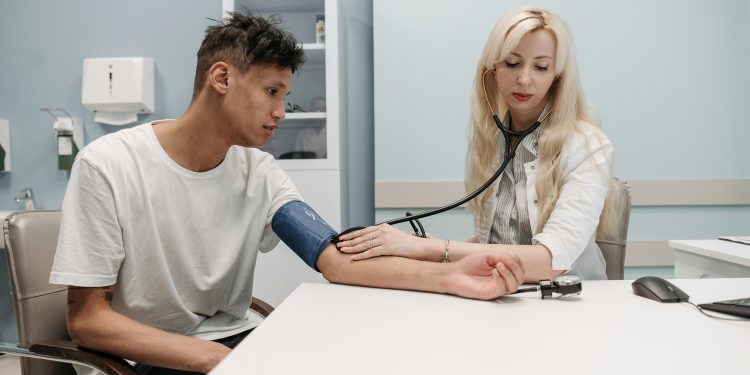Sexually transmitted infections (STDs) impact people of all ages and backgrounds, and they remain a major public health problem. Screening for sexually transmitted diseases is essential for early identification, prompt treatment, and stopping new infections. This article examines the significance of STD screening and offers information on what people should anticipate going through the procedure.
Table of Contents
Understanding the Prevalence of STDs
It’s critical to comprehend the incidence of these illnesses before discussing the significance of STD screening. STDs are widespread; countless new cases are reported worldwide each year. The variety of sexually transmitted diseases (STDs), such as HIV, syphilis, gonorrhea, chlamydia, and herpes, demands an anticipatory approach to screening. The fact that these illnesses are so common highlights how crucial it is to conduct routine testing and implement preventative measures in order to safeguard both public and individual health.
Importance of Early Detection and Treatment
An essential component of efficient STD care is early identification. Routine tests are crucial since many sexually transmitted diseases (STDs) may start with little to no symptoms. Early infection detection reduces the risk of sequelae, enables timely treatment, and stops sexual partners from becoming infected with STDs. Early infection treatment can help people avoid major health problems and improve their general well-being. By detecting infections early, individuals can access appropriate treatment and prevent the spread of STDs within communities, contributing to overall public health efforts.
Promoting Sexual Health and Well-being
A proactive approach to enhancing general sexual health and well-being is STD screening. Frequent tests encourage responsible and knowledgeable decision-making by empowering people to take charge of their sexual health. It helps foster a culture of candid discussion about sexual health, lowering stigma and promoting better sexual behavior. Preventive treatment and routine tests can help people preserve their sexual health and reduce the risk of spreading sexually transmitted diseases.
Types of STD Tests Available
Different illnesses and testing preferences are accommodated by the variety of STD tests that are available. Blood tests, tests for urine, swabs, and physicals are examples of common STD testing. Being aware of the many test options enables people to make well-informed decisions depending on their unique requirements and concerns. Depending on personal preferences and conditions, there are several alternatives available for STD screening, ranging from quick point-of-care testing to more involved laboratory tests.
When and How Often to Get Screened
The existence of symptoms, sexual activity, and individual risk factors all influence how frequently STDs are screened. Those who are sexually active could benefit from screening more often, including regular STD testing in Chicago or their city. Maintaining sexual health requires knowing when and how frequently to be checked. Frequent screenings can help people identify infections early and get treatment quickly, which helps stop the spread of STDs in communities.
Confidentiality and Privacy Considerations
An essential component of STD screening is confidentiality. Healthcare professionals place a high value on patient privacy to provide a secure and accepting atmosphere. People getting tested for sexually transmitted diseases should anticipate that their data will be treated in the strictest confidence, building confidence and promoting frequent screenings. To put patients at ease while seeking STD testing and therapy, privacy concerns go beyond the screening procedure and include contact with healthcare providers and handling of medical information.
Taking Action: What to Do After Receiving Results
After an STD exam, some people might not know what to do next. If the results are good, prompt medical attention is essential. Medication, therapy, or more testing may all be part of treatment options. Even unfavorable outcomes provide people a chance to talk to medical experts about safer sexual practices and preventative actions. Proactively addressing sexually transmitted infections (STDs) and promoting sexual health is crucial for both individual and community health, regardless of test results.
Conclusion
In summary, STD screening is an essential component of healthcare prevention. People may protect their well-being by being proactive and encouraging sexual health, knowing the value of early diagnosis, and being aware of the available testing alternatives. In addition to improving individual health, routine STD tests support larger initiatives aimed at lowering the impact and prevalence of STDs in society.


 Home
Home









